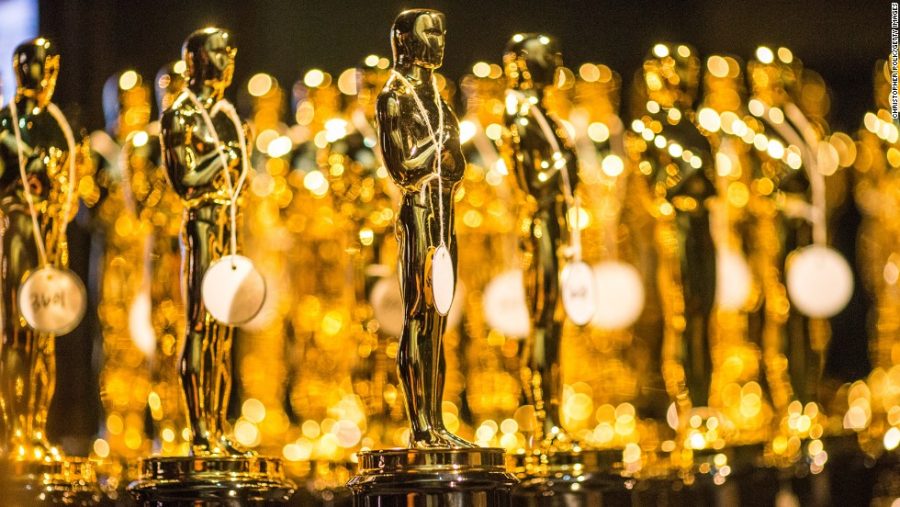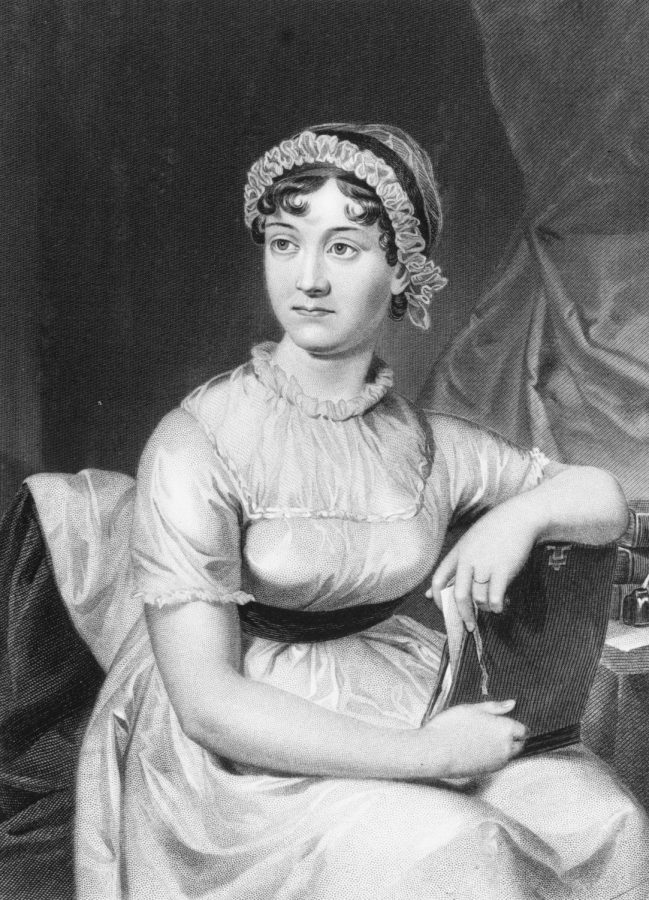The 72nd Emmy Awards were on September 20th, not that most of you probably cared. The program received the lowest viewership in Emmy history, with only 5.1 million viewers. That’s 14% less than last year. In a year when many people spent quite a bit of time watching television in order to escape the boredom of quarantine, a surprising few care about the awards being given to this year’s shows. However, the Emmys aren’t the only awards show observing a downturn in viewership.

People just aren’t as engrossed in awards shows as they used to be. The red carpet dresses and celebrity peeks used to carry a special kind of glamour. And the ever-unexpected dark horse candidates always added exciting drama to the nominations-guessing competitions with family and friends. After all, who wants to find out that you predicted the Best Picture winner by waiting for the morning paper to arrive?
Even in 2020, I still fill out an Oscars scorecard with my guesses for the winners as I sit down with my parents. We eat a charcuterie board and see how the movies we actually got around to seeing stack up against all of the year’s contenders. But in recent years, I’ve spent a fair amount of the show scrolling through Twitter hashtags relating to the show. You don’t need to watch an awards show to see the dresses, speeches, or even the winners. The internet takes care of that for you. And to be fair, I would rather spend my Sunday nights getting homework done in a timely manner than watch a late-night comedian give a monologue with too few funny jokes and too many lackluster ones.
In fact, awards shows aren’t even a good measure of what the best movie of the year was. I could go on and on about how Forrest Gump should have never beat both The Shawshank Redemption and Pulp Fiction. But opinions aside, there really is a formula for how movies win awards. On average, movie studios spend $10 million on an Oscars campaign. While having an Academy Award has been shown to make movies more money, $10 million for the chance at an Oscar is an undeniably large sum of money. In that sense, the Academy Awards is really just one big commercial.
There’s also a specific type of film that wins Oscars. Based on the statistics, that type is dramas with runtimes over 2 hours long. Want to win an Oscar? Direct a period piece or base your movie on a true story. Those films win an overwhelming majority of the awards. Oscar winners are also typically commercially successful and well-liked by audiences. You won’t see too many experimental arthouse films collecting gold statuettes. Large and well-established production companies also have a near-monopoly on Oscars. How often is the best animated film winner not a Disney/Pixar project? The answer: not very. Many movies that are near-universal classics were never even nominated for an Academy Award. Kubrick’s 2001: A Space Odyssey or Hitchcock’s Psycho are among the snubbed. Citizen Kane was nominated for Best Picture, but it lost that award. Today, that movie is considered by many to be one of, if not the, greatest movie of all time.
The moral of the story? Watch what makes you happy. Just because a few critics decide that something is the best doesn’t mean that it is. Award shows are nice for entertainment and Twitter drama, but at the end of the day, art is subjective; it never appeals to everyone. And who knows? Maybe if the Emmys had given Tiger King a nomination and brought in Carole Baskin to present an award, more people might have tuned in.








